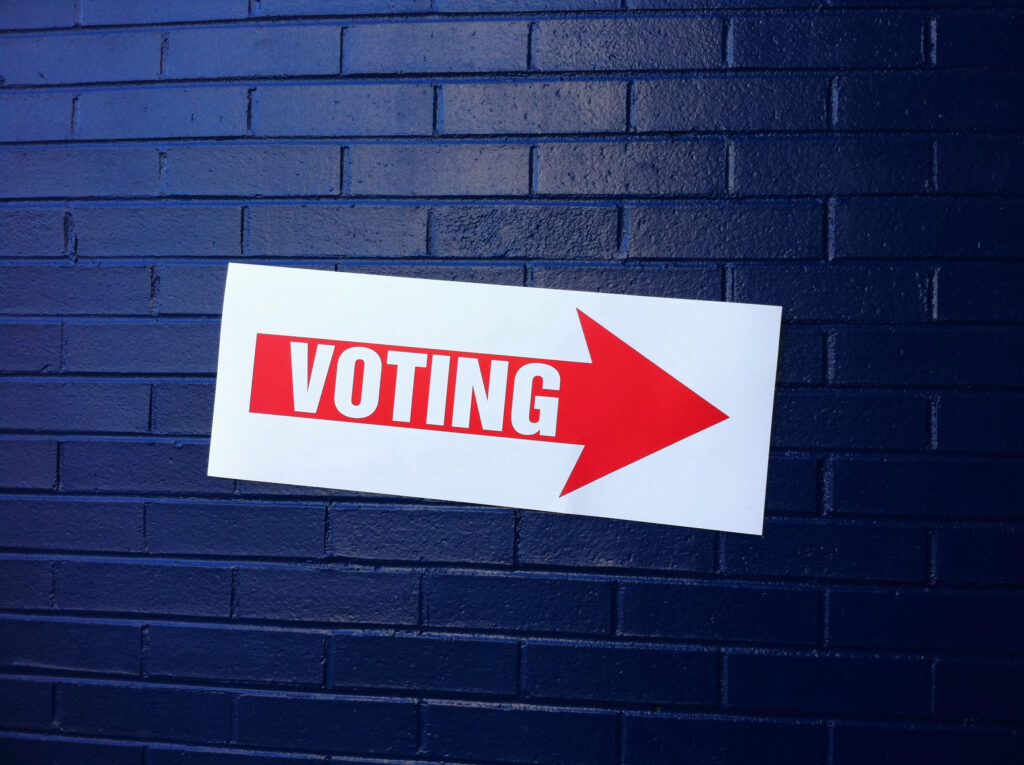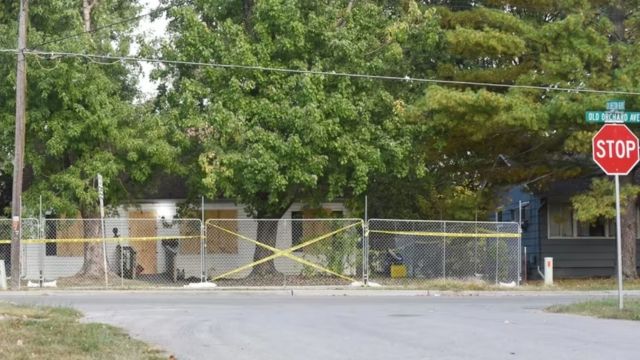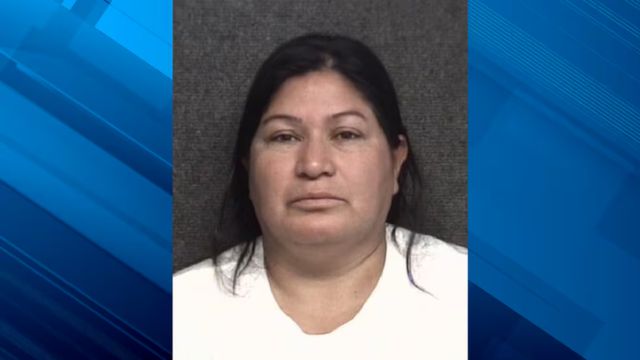Pennsylvania had some worrisome events during the last federal election in 2022. Three counties—Allegheny, Berks, and Fayette—didn’t certify the results of the primary election until they were told to by a court, which was almost two months after the limit set by law. Certification is the important but usually boring process that local election boards use to make their vote counts public and send them to the Secretary of the Commonwealth.
After the general election in November of that year, more than 170 requests for a recount were sent in at least 27 counties. In the races for U.S. Senate and governor, these precinct recount requests did not make a single specific claim of fraud or error. Some of the people who made these petitions for a recount were the same poll workers who signed off on the vote counts on election night. They now want the votes to be counted again.
According to Pennsylvania law, any three voters can ask for a recount even if they don’t have a good reason. Many requests for recounts caused the statewide approval date to be pushed back to December 22, which was the latest date in years.
It’s not likely that these events had much of an effect on the result of the 2022 general election, but if they happen again this November, the status of Pennsylvania’s presidential electors could be seriously threatened. Pennsylvanians should already know about the Electoral College, which is the vote-by-proxy method used to choose presidential electors. On Dec. 17, these electors will meet in Harrisburg to officially vote for the winning candidate based on the certified votes of Pennsylvanians.
After that, these results are sent to Congress to be counted on January 6. But sending the ballots from the electoral college to Congress is the last step in a series of steps that start long before anyone casts a vote.
The first step in this process is counting local and mail-in vote totals on election night. The next step is the official canvass and reporting of county results to the Secretary of the Commonwealth. Finally, on or before the third Monday after Election Day, the counties must certify the results.
Election leaders who are not affiliated with any political party and their staffs, elected and appointed poll workers, and members of a county Board of Elections all have to put in a lot of work and time to complete each step. Any of these steps could be slowed down or stopped for no apparent reason, which could weaken or even reverse the will of Pennsylvania’s nearly 7 million voters.
Congress passed the Electoral Count Reform Act in 2022 to stop people from taking advantage of confusing parts of the electoral college process again, like they did up until January 6, 2021. The new rule says that the Governor must choose Pennsylvania’s presidential electors by December 11, 2024. These people will vote for the candidate who got the most votes across the state. For that important part of the election process to happen, all 67 of Pennsylvania’s counties must confirm their election results.
What happens if Pennsylvania has long court challenges like the ones in 2022, which pushes approval past December 11? No one really knows because the new law hasn’t been put to the test yet (it speeds up the federal court process to help fix some licensing issues).
But it’s very likely that Pennsylvania’s Supreme Court will have to interpret the state’s election laws again. This time, it could be because hundreds or thousands of recount petitions were filed without any specific proof or claims of fraud being made.
The good news is that this coming (unnecessary) threat can be easily stopped. The government needs to do everything it can to help make sure that votes are counted and valid challenges are dealt with as quickly as possible, without any needless delays or interruptions.
That includes making small administrative changes to the election code, like making it so that all challenges must specifically point out a case of fraud or mistake; and/or making it so that the amount of money needed to file such challenges must match the real cost of doing a recount.
The fee is $50 now, and it hasn’t changed since it was first set up in the 1930s. To give you an idea, that fee would be more than $1000 if it were changed to 2024.
If you think that these kinds of administrative changes make sense and that we should get this done, then I agree. But for this to happen, lawmakers from both parties need to work together and fight the urge to add last-minute changes that aren’t needed. Since there hasn’t been trust between the chambers in the past, that’s already a big job. But it is possible. It was worth it.
During the 2020 election, local election officials did everything they could to make sure that every legal voter could safely cast their ballot. This was an incredibly difficult task during a pandemic. By passing a bill in 2024, Pennsylvania’s lawmakers will have the chance to make such simple and sensible changes that would benefit their voters, themselves, and democracy as a whole.




